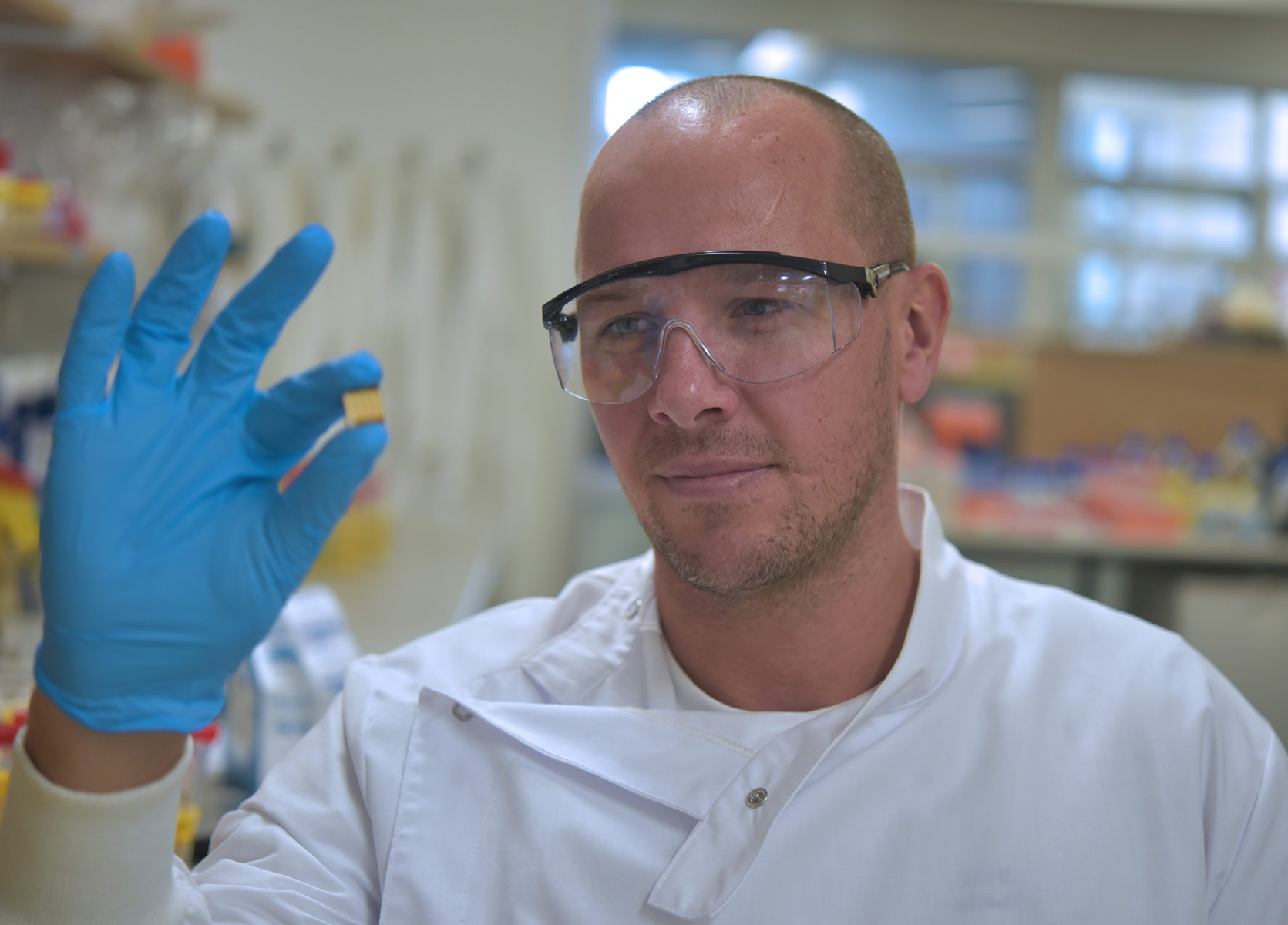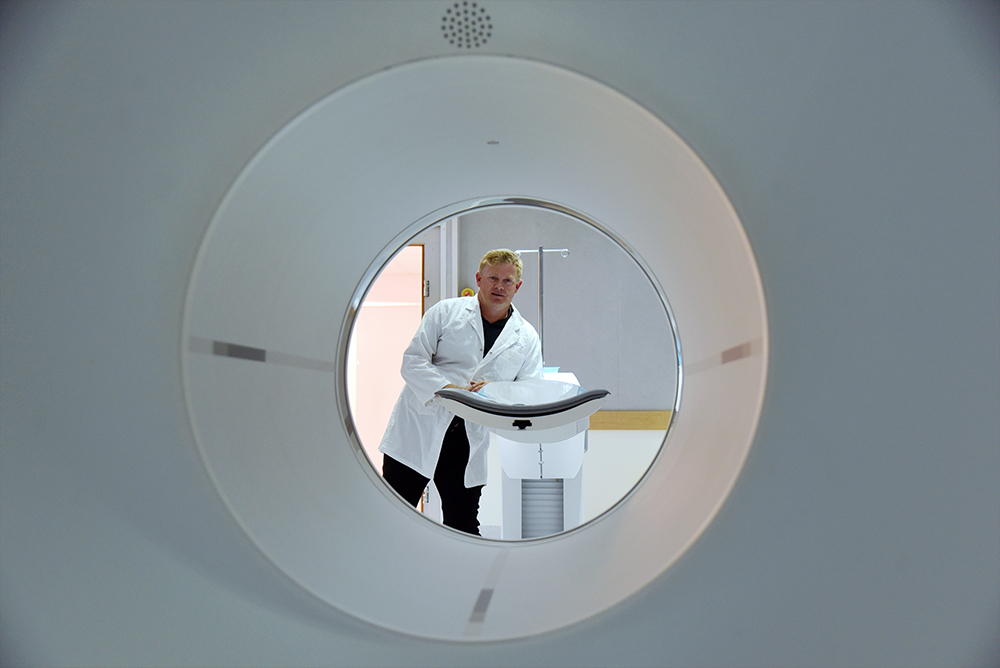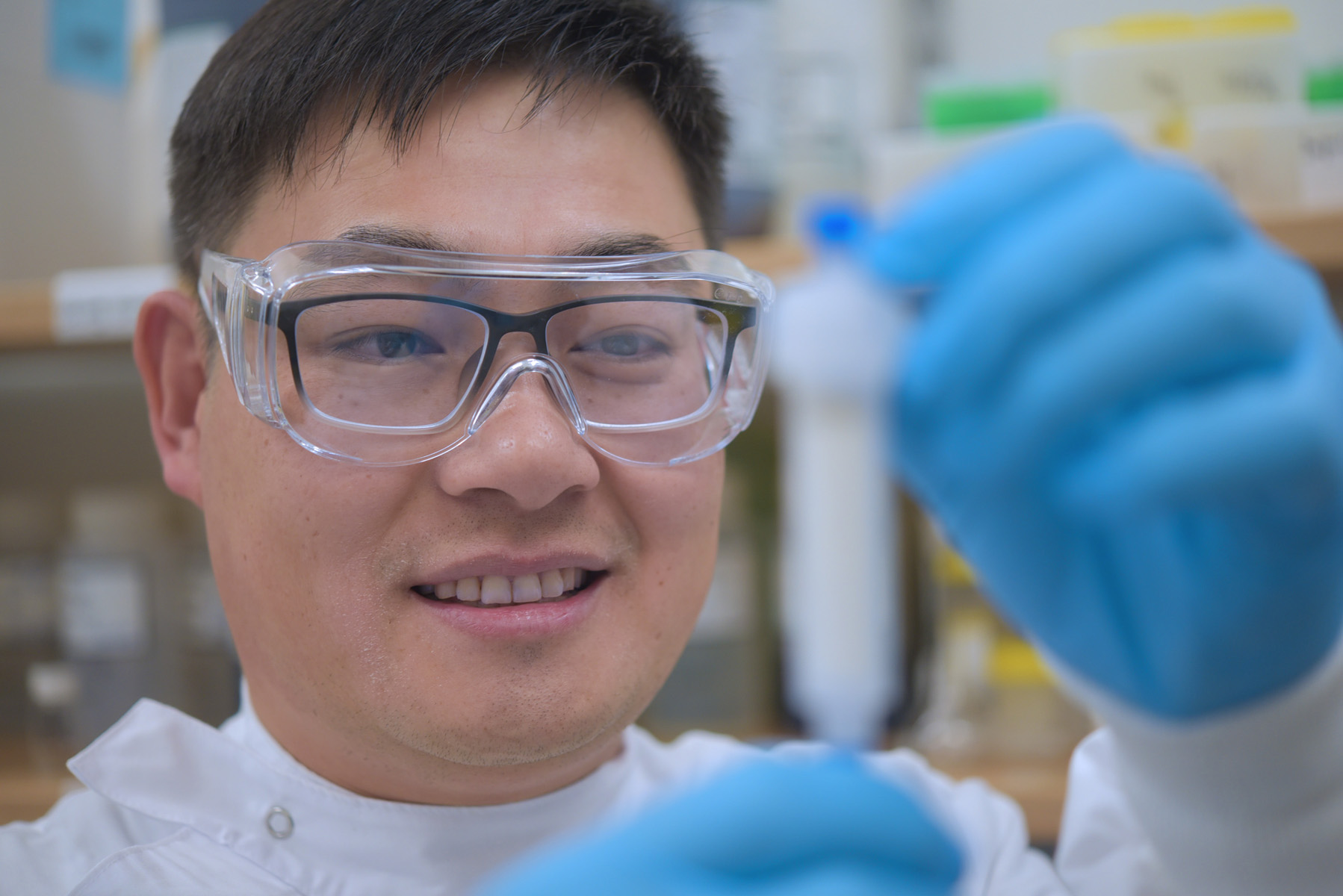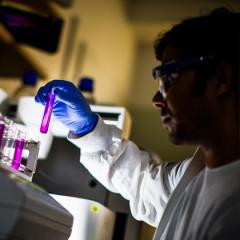AIBN Researchers have received a combined $3,948,681 in funding from the latest round of ARC Discovery and Linkage Project grants, supporting research that drives better science, better solutions, and a better future.
Using advanced computing for better electrocatalysis

Professor Debra Bernhardt received a $592,554 ARC Discovery Grant for her project aiming to design and test better electrocatalytic processes using computational modelling and simulations combined with experimental validations.
Her goal is to better optimise electrocatalysis - a process where an electric current speeds up a chemical reaction in the presence of a catalyst - which underpins many industrial processes, including metal refinement, fertilizer manufacture, fuel production, and energy storage. Enhancing these processes could deliver significant energy, time, and cost savings across multiple industries.
Developing better battery materials
In a major step toward next-generation energy storage, Associate Professor Bin Luo has been awarded a $646,654 ARC Discovery Grant to advance the development of a zinc–CO/Br battery, addressing critical gaps in energy storage by enhancing performance, durability, and cost-effectiveness.
Associate Professor Luo and his team will be integrating cutting-edge materials science, electrochemistry, and engineering to improve battery efficiency and lifespan, paving the way for commercially viable, next-generation energy storage systems.
Making better X-ray material
Dr Julian Steele received a $797,858 ARC Discovery Grant to develop sensitive X-ray detectors based on materials known as metal halide perovskite semiconductors, which are low cost, easy to manufacture, and show great promise for X-ray detection applications.

This application of this material is hindered by a shortage of knowledge of how X-ray conversion works and the use of high concentrations of toxic heavy metals, like lead, which pose significant health and environmental risks. This project will focus on developing non-toxic alternatives and testing working prototypes to better understand the mechanisms of X-ray conversion.
Better understanding of cell movement
Little is known about how cells respond to and survive compression, even though it is the force most frequently experienced by cells in crowded environments. Associate Professor Sam Stehbens has received a $673,892 ARC Discovery Grant to investigate how cells move and survive in such crowded tissue and organ environments, an essential process during wound healing, immune surveillance, and development.

This project will answer this question by applying innovative optical and cell biology methodology, with engineering and computer vision approaches. Understanding how cells navigate this physical challenge will have broad implications, spanning across many biological fields resulting in a greater understanding of how complex multicellular tissues and organs are both developed and maintained.
Join The Network
Stay on top of our industry news and developments, events and opportunities, by joining The Network
Sign up todayBuilding Better Surfaces to Capture and Control Biomolecules
Developing better ways to capture and purify biomolecules is essential for big breakthroughs in biotechnology and pharmaceuticals. Professor Kris Thurecht has been awarded a $491,854 ARC Discovery Grant to develop a novel approach for controlling how biomolecules attach to specially designed polymer surfaces.

This project will advance both fundamental and practical knowledge in materials science and could pave the way to creating new technologies for next-generation sensing and testing while advancing manufacturing capabilities.
A Better Way to Clean Water: Mobile PFAS Removal Technology
Associate Professor Cheng Zhang received a $745,869 ARC Linkage Grant to develop a mobile device for the removal of PFAS from the environment. The project will collaborate with Globalsync Foundation and Allied Interest to create an innovative mobile unit capable of rapid, on-site PFAS remediation.

The system integrates advanced polymer membrane technology to selectively and efficiently capture PFAS from a variety of water sources. This innovative approach will advance PFAS remediation capabilities, supporting a cleaner future for Australia.
--
These projects demonstrate AIBN’s commitment to advancing research excellence in areas spanning clean energy, sustainable materials, environmental remediation, and health sciences.
Want to learn more about this story or how you can partner with AIBN on ground-breaking research?
Contact us via email: communications@aibn.uq.edu.au
or phone: +61 414 984 324


